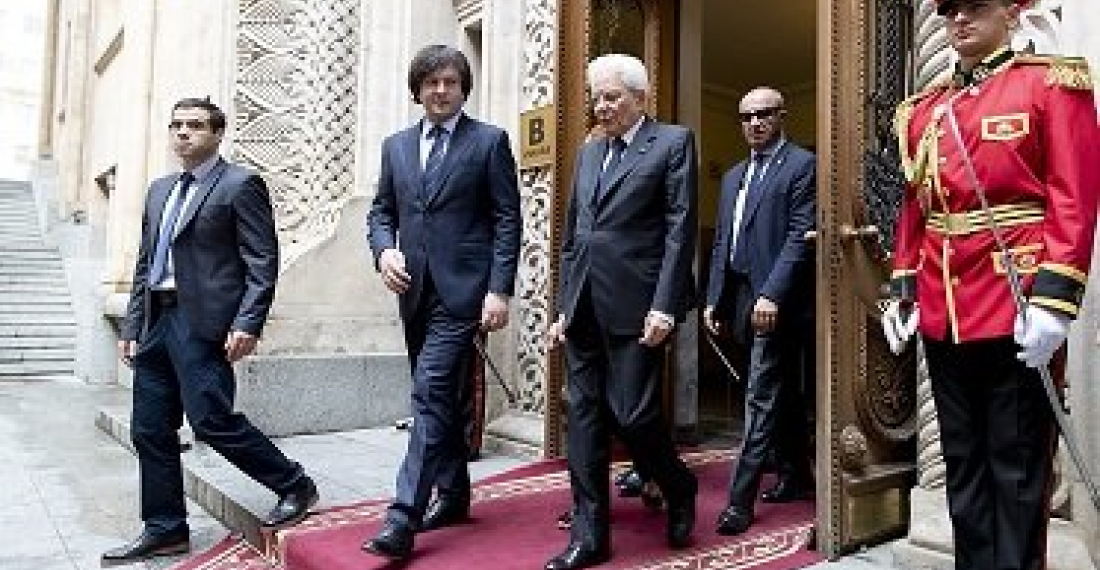Президент Италии Серджио Матарелла, находящийся в турне по Южному Кавказу, во вторник (17 июля) выступил перед студентами Тбилисского государственного университета с рассказом о своем видении будущего Европы.
Европейскому Союзу нужна "система, которая ведет к большей стабильности, интеграции концентрических, дифференцированных и открытых кругов, которые синтезируют, а не унижают множество личностей, представляющих богатство нашего континента", - сказал итальянский президент собравшимся молодым грузинам. "В этом контексте молодежь и культура играют решающую роль: студенты Erasmus представляют надежду на Европу 2.0, Европу без каких-либо умственных или материальных границ".
Итальянский президент сказал, что сегодня более чем когда-либо "молодежь и культура играют решающую роль в этом контексте". "Благодаря культуре можно оценить соответствующие особенности и понять другие. Только знание и уважение истории позволяют нам не вставать на пути, которые приводят к опасным упрощениям."
"Независимо от трудностей, которые привели ЕС к историческому успеху, встав центром притяжения, основанным на принципах либеральной демократии, мира и процветания, этот проект нужно продолжать отстаивать решительно", - добавил итальянский президент.
"ЕС сохраняет в себе прелесть того уникального проекта, который преследует идеалы, для тех, кто хочет систему, основанную на общих правилах, которая требует со-существования, общей приверженности, а не конфронтации и оппозиции".
Говоря о новых отношениях Грузии с Евросоюзом, Матарелла сказал, что "Грузия может производить и экспортировать без тарифов благодаря зоне свободной торговли с Европой, но также и со многими другими регионами мира. Грузины испытали чрезвычайное преимущество свободы движение: более 250 000 ее граждан посетили страны Европейского Союза с момента вступления в силу либерализации визового режима более чем за год".
Мэттарелла покинул Грузию во вторник вечером и сейчас находится в Азербайджане. В ходе визита в регион итальянского президента сопровождает министр иностранных дел Энцо Моаверо Миланези.
источник: commonspace.eu по материалам RAI
фото: Президент Италии Серджио Маттарелла в сопровождении спикера парламента Грузии Ираклия Кобахидзе в Тбилиси, 17 июля 2018 года






